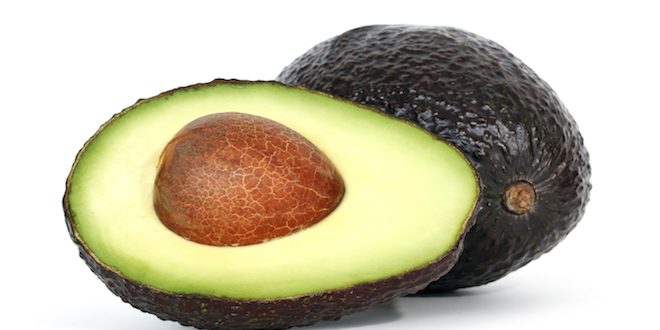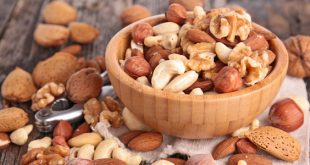A heart-healthy diet is important for everyone, but especially for people with diabetes, due to their increased risk of high blood pressure and cholesterol levels. The health benefits of avocado may convince you that they should be part of this heart-healthy diet.
Several studies have found that people who eat one avocado per day have lower low-density lipoprotein cholesterol (the “good” cholesterol”) levels than those who do not. More recent studies have also shown that they may prevent metabolic syndrome.
Avocados are an excellent source of monounsaturated fatty acids (the “good” fat), as well as rich in Vitamin B, Vitamin K, Vitamin C and potassium. A single avocado contains about 250 calories.
In one five-week study, 45 obese participants were divided into three groups and given three separate diets. The first was a low-fat diet that included lots of fruits, low-fat dairy, poultry, whole grains and small amounts of red meat. The other two diets were moderately high in fat, with about 34% of total calories consumed per day coming from fat. The types of foods and meals were similar to the low-fat diet, but included more nuts and oils. All of the diets were similar with regard to consumption of macronutrients (such as protein) and calories.
In addition, one of the moderately high-fat diets included a daily serving of one avocado. A sample lunch and dinner menu for the avocado diet study participants was as follows:
- Lunch: Chicken salad (roasted chicken breast, celery, dried cranberries, red bell peppers, onion, fat free mayonnaise dressing, one-half fresh avocado)
- Dinner: Turkey taco (turkey patty, tortilla chips, taco seasoning, yellow sweet corn, cheddar cheese, unsalted butter, one-half fresh avocado)
At the end of the study, the participants who ate the avocado diet had a greater reduction in low-density lipoprotein cholesterol than the participants who ate the other two diets. In fact, the avocado diet consumers had a cholesterol reduction of 0.75 mmol/L, compared with the other two groups (0.41 mmol/L and 0.46 mmol/L).
Be aware, though, that even though avocados are an excellent source of monounsaturated fat and plenty of vitamins, the calories can add up: one-half cup of guacamole weighs in at about 200 calories. And that’s before you add tortilla chips, which contain about 146 calories per 10 chips.
So, how can you incorporate avocados into your daily meal plan? Here are some serving tips:
- Sprinkle a few tablespoons of chopped avocado on salads
- Add a few slices to a sandwich
- Mash and spread on toast or a pita, for a rich, smooth topping
- Make a guacamole dip and serve it with raw veggies, instead of chips
Uncut avocados can be stored in your refrigerator for about a week. To store an avocado that has been cut, sprinkle the surface with lemon or lime juice, and cover it tightly with plastic wrap; it can be stored in your fridge for a day or two.
 Diabetes Care Community Learn, connect and care
Diabetes Care Community Learn, connect and care





